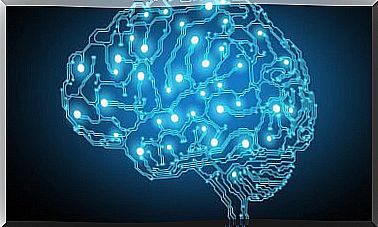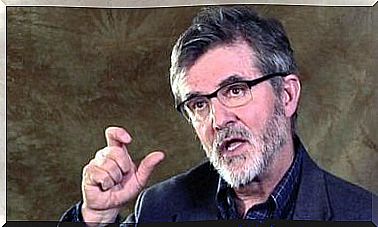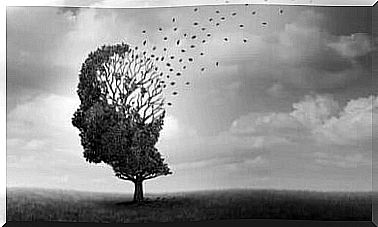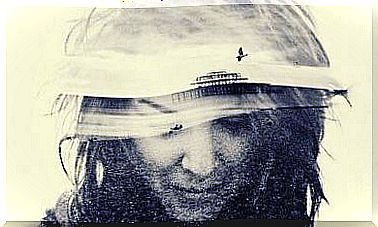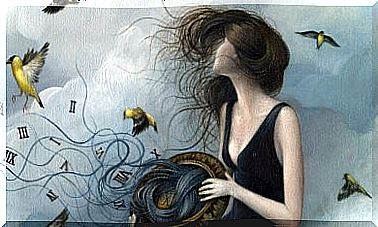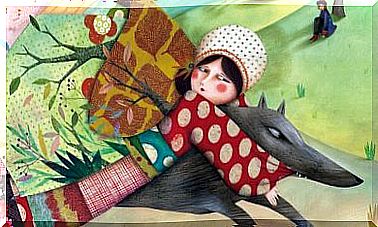Happiness Is Not Sought; We Stumbled Upon It
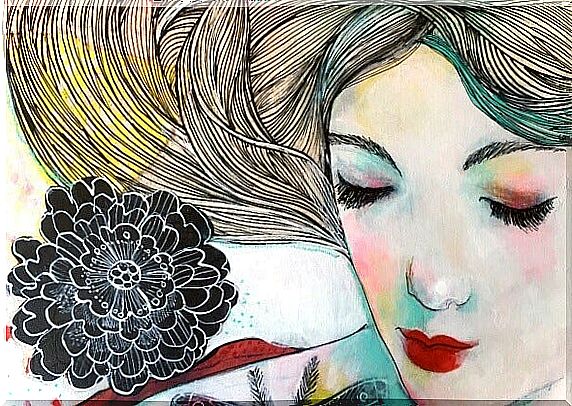
Happiness is not sought; we stumbled upon it. That simple. Daniel Gilbert makes this very clear in his best-seller “Tripping into Happiness”, where he very pleasantly exposes different conclusions, theories and realities about happiness.
This book is a passionate journey into how the mind works and how it plays with us. The spectrum it covers is wide, from optical illusions to the influence on our moods of the opinions of others who have found themselves in similar situations.
Furthermore, it tells us that there is no simple formula for finding happiness. However, our brain allows us to move into the future and thus helps us to understand what causes us to stumble. And you, what do you think makes you stumble? We invite you to reflect a little more on the subject in the next few lines!
Happiness is subjective and is marked by proximity
Sometimes we forget that happiness is subjective. Especially when we read about what they want to sell us as if this sensation were a material good. Happiness is an experience and as such it is different for each person and is marked by their circumstances.

When we imagine the situations that we can live in the future, we can realize that there are clearly two types of future. The immediate future, the one that will happen tomorrow or in a few days, the one that we feel is most credible and close. And another much more distant future, situated light years away from the one we live in now, a future that is vague and difficult to feel as something real today.
We are often so anchored in the present that we imagine our future still centered on the present we are living. For example, it is very difficult to imagine the taste of a fruit that we will eat tomorrow, if at the moment we are trying to imagine, we have been occupying the sense of taste with another flavor.
This is called presentism and condemns our view of things, even possible ones by being anchored in the present in some way. It is not a question of continually thinking about the future, but of knowing that when we imagine it, we give it the possibilities of our present.
So when we think about happiness, we believe it has to do with what we dream about now, but different experiments have shown us otherwise. Happiness can be what we get when we don’t achieve what we dream of now. That is, think that happiness can hide in that which right now you do not even contemplate and which, luckily, you may stumble upon.

Intolerance to uncertainty and the importance of control
The human being does not tolerate uncertainty. In fact, we might think that uncertainty opens up a world of infinite possibilities, and that’s a good thing. However, unfortunately, the human being focuses more on the feeling of lack of power and the importance of control than on the good that could happen.
Furthermore, in the face of uncertainty, human beings seek to give themselves explanations of the events that are taking place around them. Especially if these events are inexplicable, and this makes their emotional reach amplified because they are infrequent and we tend to keep thinking about them.
For these and other reasons, Daniel Gilbert told us that we often stumble into happiness, even though it’s not possible to see it, because our brain sets traps for it. He does this by comparing our happiness with that of others, even though he knows that it is subjective and that it may be that we – under the same circumstances – do not feel like those we think are happy.
Think: what if happiness were the ability to accept that everything can change? What if happiness was what we can’t control? What if happiness is advancing into the future and understanding what our brain stumbles upon before reaching it?
